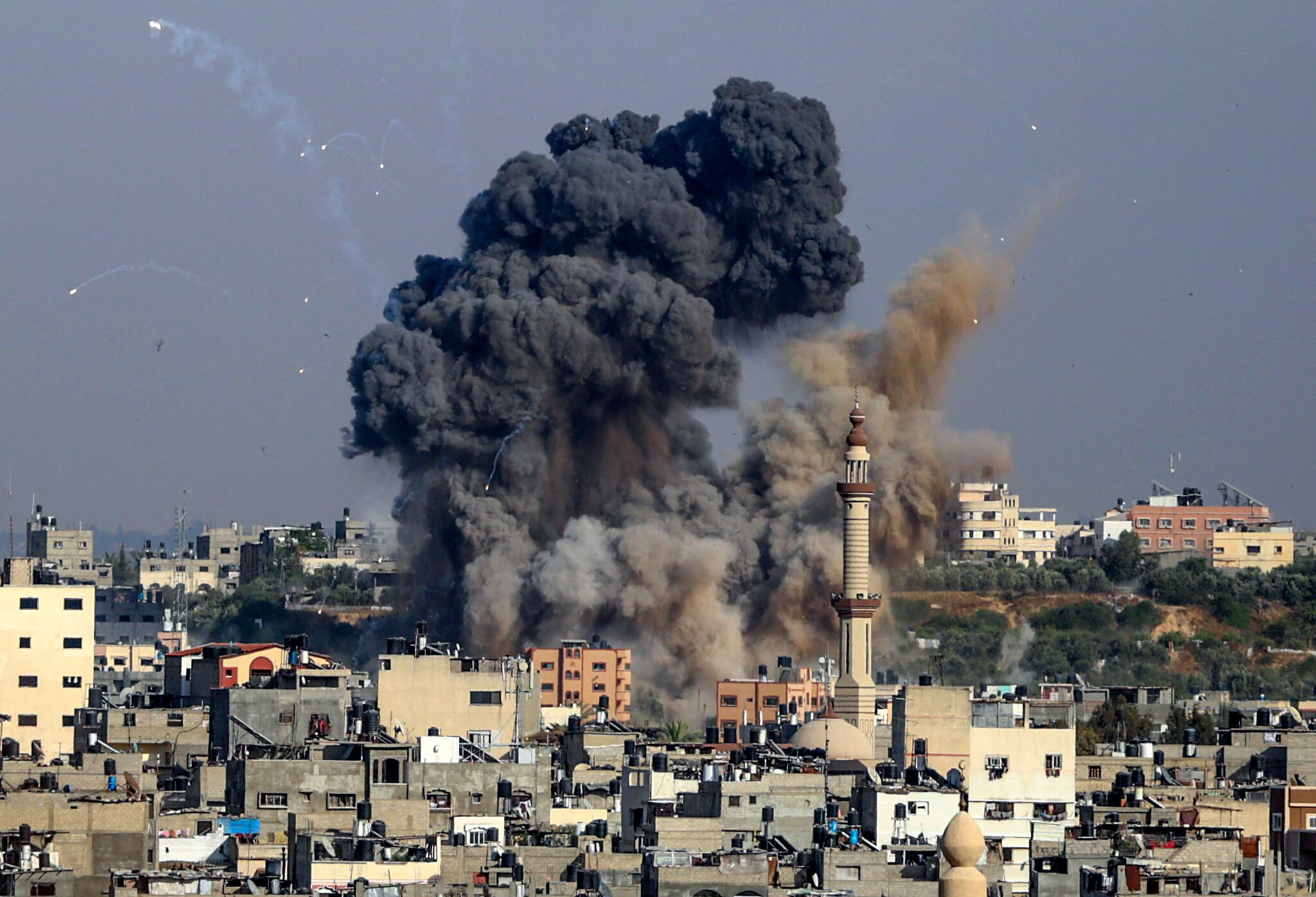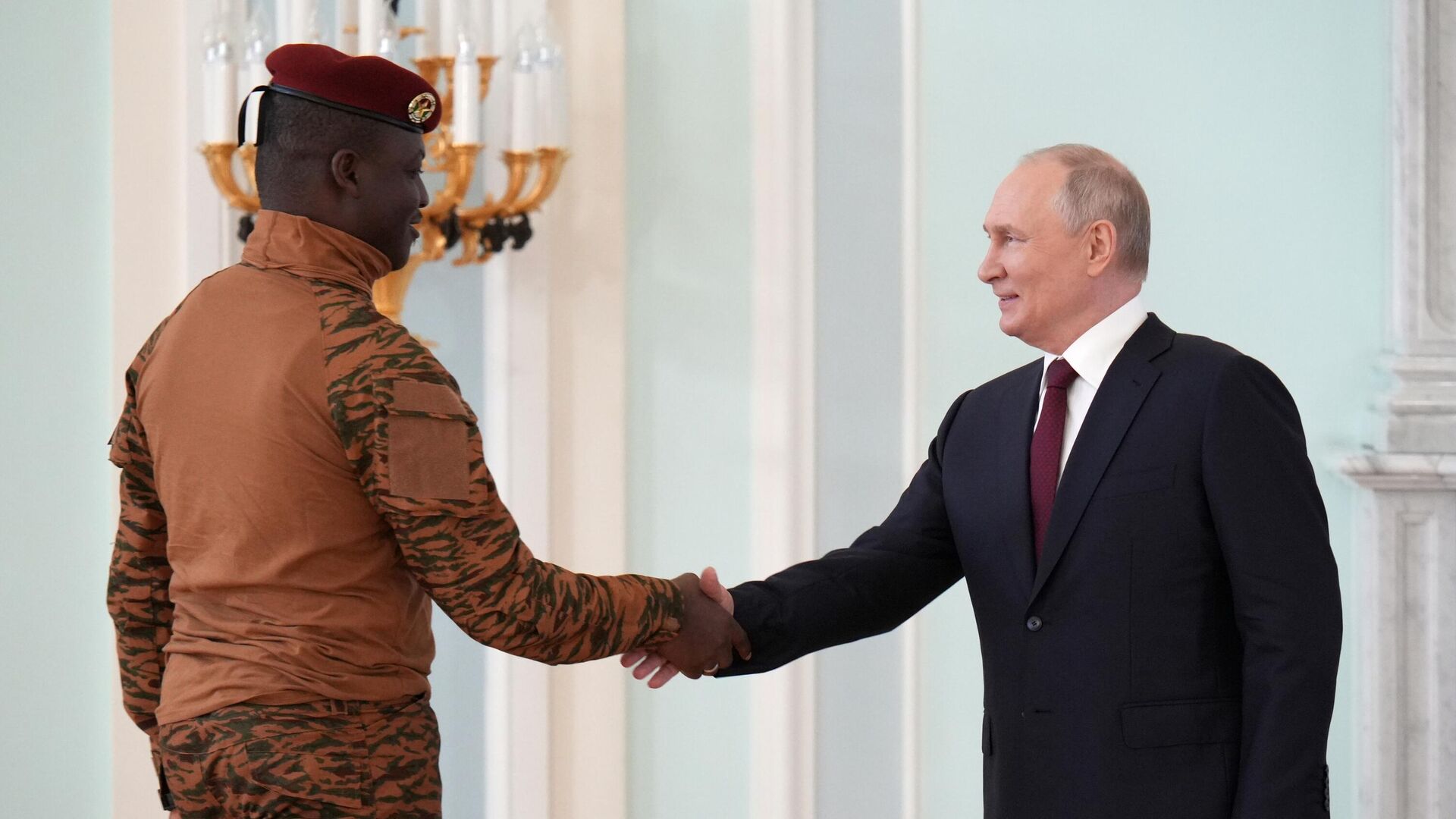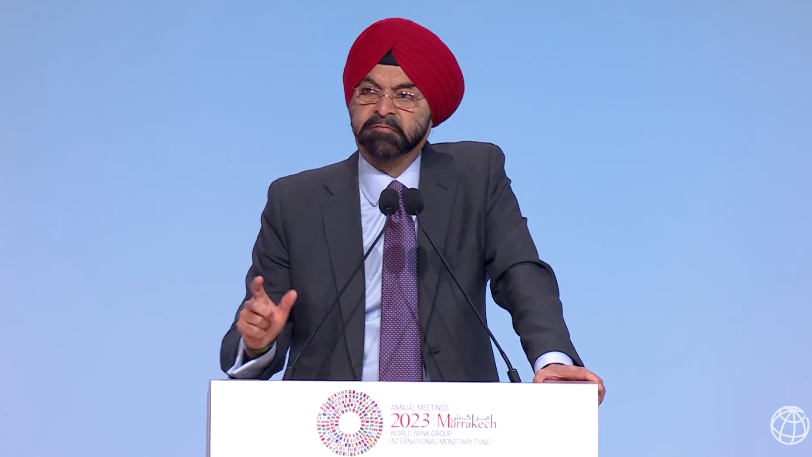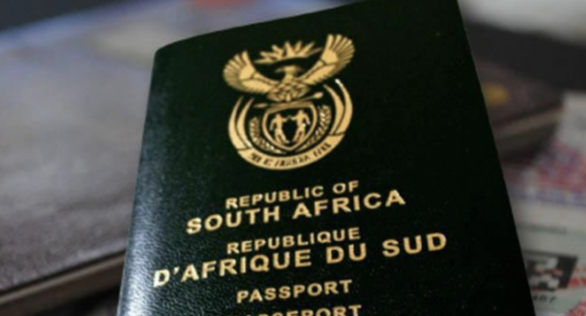On October 7, the world was caught off guard when the Hamas militant group infiltrated Israel from the Gaza Strip in an unprecedented attack through the air, land and sea. The assailants have killed 1,200 people and taken 150 more hostage. This has opened another vicious chapter in the age-long, complex crisis between Israel and Palestine.
Hamas labelled the attack as “Operation Al-Aqsa Storm” and claimed it was planned for two years. The group enjoyed initial success, toppling military installations and temporarily taking over various settlements.
According to Hamas’ top commanders, more than 5,000 rockets have been launched into Israel in retaliation for the country’s “desecration” of the Al-Aqsa Mosque in Jerusalem and the killing of hundreds of Palestinians.
The scale and bravery of the attacks stunned not only Israel but the rest of the world. In a statement following the invasion, the Israeli Defence Forces (IDF) said it had declared “a state of alert for war”.
Advertisement
Yoav Gallant, Israel’s defence minister, ordered a complete siege and blockade on Gaza. Electricity was cut off, and the entry of food and fuel into Gaza was blocked.
Israel then ramped up air strikes on Gaza, with Hamas launching a barrage of rockets from the city into Israel.
Tanks and drones were deployed to guard the Gaza border fence to prevent fresh incursions by the militant group.
Advertisement
The Israel-Palestinian conflict is a hostility that has raged on for centuries with messy branches in antique history, religious supremacy and vicious geopolitics.
HISTORY OF THE TENSION
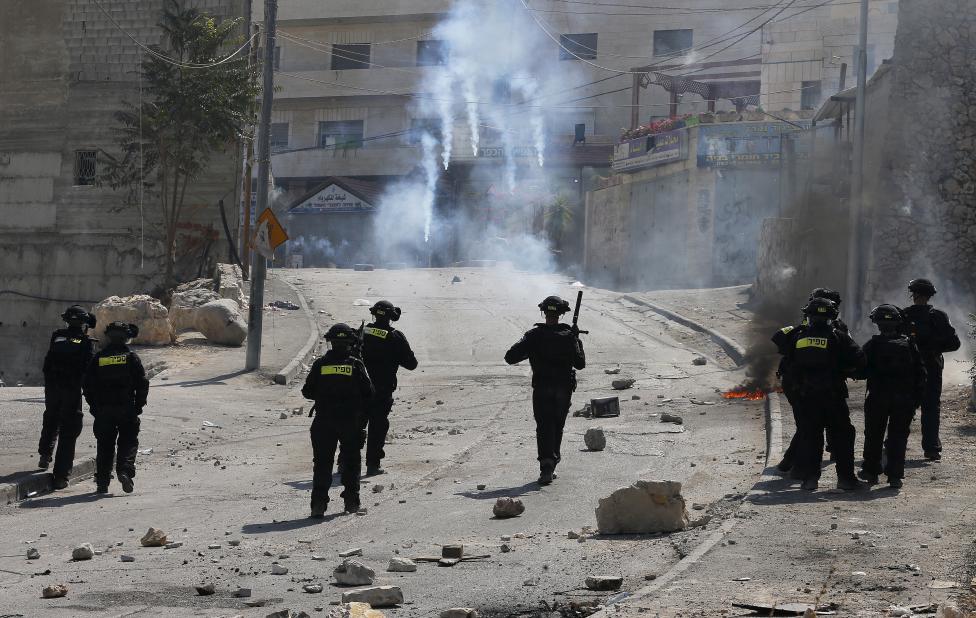
The Israel-Palestine conflict could be rolled back into the days before the two states even got their names.
The three prominent monotheistic faiths — Judaism, Christianity and Islam — have always regarded Jerusalem and the vast of its environs as a holy land.
Advertisement
At the city’s heart is Temple Mount, sacred to the Jews as the holiest site on earth for prayer. For the Muslims, the Al-Aqsa mosque, within the temple’s compound, is believed to be where Prophet Mohammed ascended to the heavens. The mosque is considered the third holiest site after Al-Haram mosque in Mecca and An-Nabawi mosque in Medina.
Centuries of wars and the conquest of Jerusalem are charged by religious pretexts, with the holy sites getting toppled and rebuilt depending on the faith leaning of the conquerors.
The city then fell to the Ottoman Empire, a Turkish Islamic powerhouse, in the 16th century.
ZIONISM AND THE BALFOUR DECLARATION
Advertisement
The Ottomans held Jerusalem and the swath of land that is today Israel and Palestine for about 400 years until Great Britain defeated the weakened empire for the territory during the First World War.
Simultaneously, the worsening persecution of Jews in central and eastern Europe birthed the Zionism movement. Zionism was a nationalist campaign to establish a home for Jewish people around Jerusalem because of their historical ties to the region. The spread of Zionism led to a mass immigration of European Jews into the Levant.
Advertisement
After Britain usurped Ottoman power in the region, a pronouncement from the West would later fan the embers of war.
In 1917, Arthur Balfour, Britain’s foreign secretary, declared his government’s support for “the establishment in Palestine of a national home for the Jewish people”.
Advertisement
The letter addressed to one of Britain’s prominent Jewish leaders is known as the Balfour Declaration.
Although the correspondence stated that it was “clearly understood that nothing shall be done which may prejudice the civil and religious rights of existing non-Jewish communities in Palestine”, it was perceived by the Arab Palestinians as displacement. Shortly after the declaration, the first major intercommunal violence erupted, with Jews and Arabs as casualties.
Advertisement
The rise of Fascism and Nazism, which culminated in the Second World War and the Holocaust, made Palestine a more suitable land for many Jews fleeing persecution.
With the increasing population, both the Arabs and the Jews continued to call for self-determination.
UN PARTITION AND ISRAEL’S INDEPENDENCE
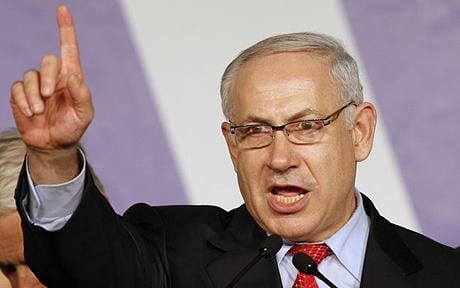
Following the end of the Second World War, the United Nations General Assembly (UNGA), in 1947, recommended the partition of the British-controlled region into two separate states — one for Jews and one for Arabs. The Jews accepted the partition, and Israel declared independence in 1948.
However, the Palestinian leadership rejected the partition, arguing that the land distribution didn’t represent the Arabs’ superior population.
The disagreement led to Palestine allying with a coalition of Arab states — Egypt, Jordan and Syria — to attack Israel.
The Arab allied forces lost the war, regarded as “al-Nakbah” or “the Catastrophe”, and Israel gained control of an even larger portion of the territory. Over 700,000 Palestinians were driven away from their homes amid the war.
That began a myriad of ceaseless wars over territories that would claim thousands of lives, displace many more, and leave Israel controlling almost triple the amount of land it was assigned at the 1947 UN partition — including the Gaza Strip and the West Bank.
Many of the Palestinians displaced by these wars were not allowed to resettle in their land. Israel claimed the resettlement of the refugees would be a threat to its Jewish state.
Israel had also claimed the entirety of Jerusalem as its capital, and Donald Trump, former US president, supported the move in 2017.
The Palestinians opposed the decision, identifying East Jerusalem as the capital of their future state.
Unhindered by the Palestinian sentiments and disapproval of global powers, Israel continues to occupy East Jerusalem and the majority of the West Bank territory, enforcing the settlement of Jews in the area.
WHAT IS HAMAS?
Ḥarakah al-Muqāwamah al-Islāmiyyah (HAMAS), which translates to Islamic Resistance Movement, was founded by Ahmed Yassin, a quadriplegic Islamic scholar, in the 1980s. The movement was influenced by the Muslim Brotherhood in Egypt and with the sole aim of using armed struggle against Israel’s occupation of the Palestinian territories.
“If we want a Palestinian state, we must have Palestinian land. There is no point in making a state on paper. Our state will be Islamic,” Yassin told TheGuardian in 1988.
The group became influential among Palestinians in the occupied Gaza territory until the Israeli government clamped down on top members a few years later.
Hamas’ ideology does not recognise the state of Israel and seeks to eradicate it through armed struggle in the Levant. The group have opposed peace accords that demand an end to hostility with Israel.
In 1997, the US proscribed Hamas, declaring the group as a foreign terrorist organisation.
The group’s influence in Gaza changed in 2007 after Hamas-backed candidates won most seats in the Palestinian elections. The group gained prominence in the strip as it continued the hostility against Israel.
WHY DID HAMAS INVADE ISRAEL?
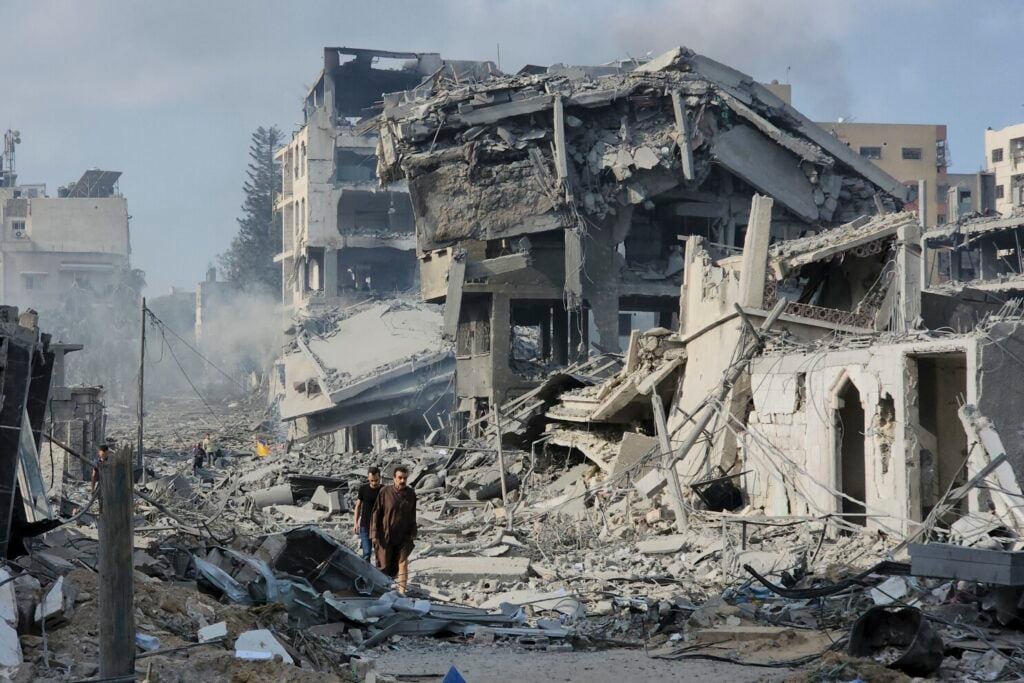
According to Mohammed Deif, Hamas military commander, last week’s attacks were a reprisal for Israel’s “desecration” of the Al-Aqsa Mosque in Jerusalem while alleging that Israel killed and wounded hundreds of Palestinians.
Reuters said the group began planning the attack in May 2021 after the Israelis raided the Al Aqsa mosque in Jerusalem.
“It was triggered by scenes and footage of Israel storming Al Aqsa mosque during Ramadan, beating worshippers, attacking them, dragging elderly and young men out of the mosque. All this fuelled and ignited the anger,” a source close to Hamas said.
The attack was also in retaliation for Israeli forces’ prolonged occupation of the Gaza Strip.
Gaza is a tiny port city squeezed between Israel and the Mediterranean Sea. The land was assigned to Palestine during the 1947 UN partition, but Israel took control after the Six-Day War in 1967 and was controlled by the Jewish state until 2007.
Despite withdrawing its troops and settlers from Gaza, Israel maintains a strong grip on the liberty and authority of the region.
The over-militarisation of Gaza by Israel has been said to have squeezed the city’s resources. Some of the almost two million occupants have also described the territory as “an open-air prison”.
WHAT ARE THE MAIN ISSUES OF THE CONFLICT?
Jerusalem is a major issue in the Israel-Palestinian crisis. Palestinians believe East Jerusalem and its sacred sites should be the capital of their state, while Israel claims that an indivisible Jerusalem is the country’s capital.
Over five million Palestinian refugees are scattered across Syria, Jordan, Lebanon and the Israeli-occupied West Bank and Gaza. The majority of the refugees remain stateless, and calls for their return to their homes have met Israel’s resistance.
The Jewish settlements that Israel built on the land it took after the Six-Day War in 1967 constitute another flash topic. Palestinians consider the settlements illegal, while Israel holds them as right of conquest.
The most pertinent issue is the existence of the two states alongside each other. Will the Palestinians ever acknowledge the state of Israel? Will the Israelis allow the Palestinians to return to some of their settlements and have a state around Jerusalem? Will the age-long war ever end?
According to The Associated Press, the current crisis has claimed at least 2,800 lives on both sides since Hamas launched the attack on October 7.
